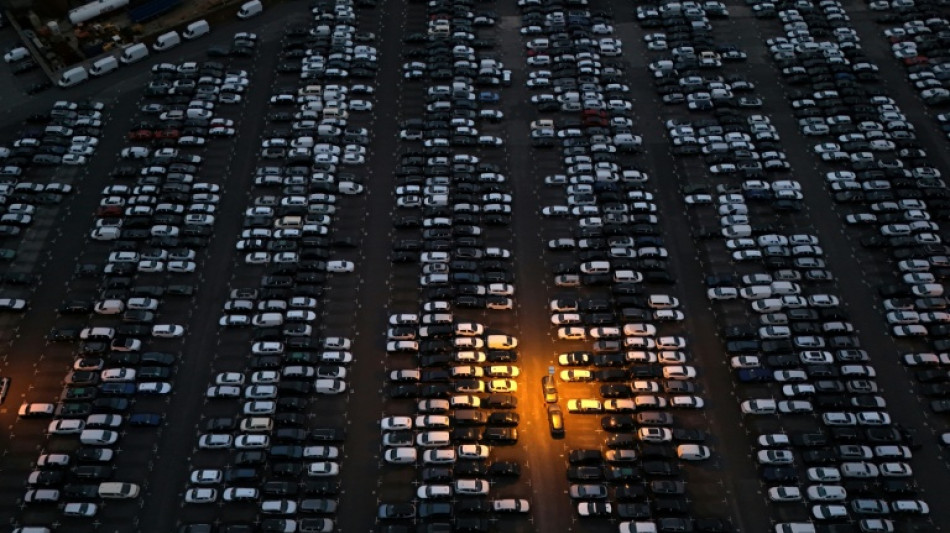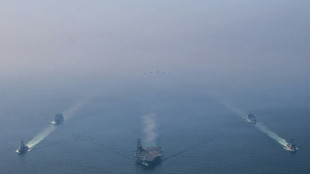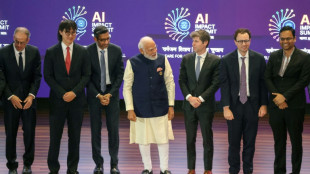

China to exempt some Nexperia orders from export ban
China said Saturday it will exempt some Nexperia chips from an export ban that has alarmed European businesses, days after trade talks between the leaders of the world's two largest economies.
Anxiety over chip shortages began when Dutch officials invoked a Cold War-era law in late September to effectively take control of Nexperia, whose parent company Wingtech is backed by the Chinese government.
China in response banned any re-exports of Nexperia chips to Europe and accused the United States of meddling in Dutch legal procedures to remove Nexperia's Chinese CEO.
"We will comprehensively consider the actual situation of enterprises and grant exemptions to exports that meet the criteria," a Chinese commerce ministry spokesperson said in a statement.
The resumption of some Nexperia shipments was part of a trade deal agreed by Chinese President Xi Jinping and his American counterpart Donald Trump after talks in South Korea on Thursday, the Wall Street Journal reported citing unnamed sources.
Chinese and European Union officials were also to discuss Nexperia while meeting in Brussels the same day, EU spokesman Olof Gill had said.
Nexperia produces relatively simple technologies such as diodes, voltage regulators and transistors that are nonetheless crucial, as vehicles increasingly rely on electronics.
The chips are mainly found in cars but also in a wide range of industrial components as well as consumer and mobile electronics like refrigerators.
The company makes them in Europe before sending them to China for finishing and then re-exporting them back to European clients.
- Automaker anxiety -
European carmakers and parts suppliers had warned of chip shortages supplied by Nexperia that would force stoppages at production lines in Europe.
The chipmaker supplies 49 percent of the electronic components used in the European automotive industry, according to German financial daily Handelsblatt.
The European auto lobby ACEA warned last month that production would be seriously hit.
"Without these chips, European automotive suppliers cannot build the parts and components needed to supply vehicle manufacturers and this therefore threatens production stoppages," the group said.
Nexperia's chips, while widely used, are not "unique" in terms of technology and therefore "easily substitutable", French parts maker OPmobility said.
But suppliers must get the new products approved by automakers, which takes time.
Beijing suggested on Saturday some shipments would resume.
Companies who were experiencing difficulties could contact the ministry or local commerce authorities, the Chinese ministry spokesperson said.
S.Carlevaro--IM



